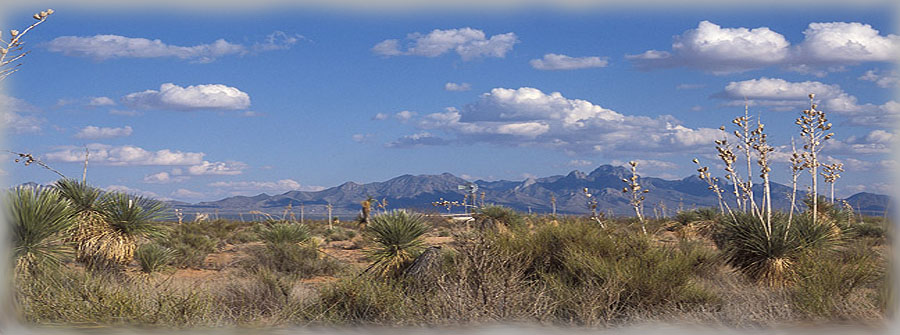The management of land resources in the southwestern US and more broadly across the US and on all continents is challenged by three central problems:
- What practices and technologies can be developed and used to improve land productivity and its provision of ecological goods and services?,
- How can science best inform land managers in their application of conservation practices for land management?, and
- Can we predict how land-based resources will respond to present and future climatic conditions?
Our program is comprised of long term scientific investigations, experiments that contribute to national research objectives, development of technologies applicable to land management, and synthesis of information for public use. We are seeking solutions to real problems. As part of this effort, we have assembled thousands of data sets linked directly to our program or from other research locations or management agencies that have application to solving these problems.
Our intent is to provide data sets, science-based information, tools, and technologies, that can be used (through simple or more complex analyses) to inform the various users, stakeholders, and the public in their application of management practices and development of policies related to land management.

Brief descriptions of key components of our program are provided below.
Ecological Site Descriptions - To delve into an understanding of how and why variations occur across the landscapes in which we live, scientists at the Jornada Experimental Range in Las Cruces, NM, classify land areas into units called ecological sites. An ecological site is a distinctive area of land that produces different types and amounts of vegetation. Individual ecological sites differ in plant production, species composition, climate characteristics, geology, and soil properties, as well as the ability to respond to management actions and natural disturbances. Read more …
Long Term Agricultural Research - Occupying the arid expanse of the Jornada Basin, the Jornada Experimental Range northeast of Las Cruces, New Mexico, is a living laboratory, part of the USDA’s Agricultural Research Service focused on finding solutions to today’s issues in rangeland management. Though its harsh, weathered landscape appears impermeable, this desert rangeland is a highly diverse, well functioning ecosystem, reacting to many natural and human-related factors. Read more …
Long Term Ecological Research - The Jornada Experimental Range’s Long-Term Ecological Research (LTER) program, supported by the National Science Foundation since 1981, investigates the complex ecosystem dynamics found in northern Chihuahuan Desert landscapes. The Jornada represents one of the LTER network’s 25 ecologically diverse locations, which range from tropical coral reef communities to dense urban spaces. With a commitment to accessible ecology, coupled with contributions to long-term data collections, LTER researchers translate their understanding of all landscapes—whether urban, rural, or marine—into effective strategies for natural resource management across the Nation. Read more…
National Ecological Observatory Network - As humans interact with the biosphere—which encompasses all the ecosystems of our planet—researchers at the National Ecological Observatory Network (NEON) are listening and taking notes, solving ecological challenges faced regionally, nationally, and globally. NEON, funded by the National Science Foundation, is the first continental-scale observatory established to examine critical ecological issues and provide the public open access to the scientific data products resulting from this research. Read more…
Southwest Regional Climate Hub - The USDA Southwest Regional Climate Hub for Risk Adaptation and Mitigation to Climate Change, located at the Jornada Experimental Range, is an innovative network designed to deliver science-based knowledge and climate-smart information to farmers, ranchers, and land managers in order to more effectively respond to climate change. Although humans have adapted to natural climate change for millennia—the earth’s earliest nomadic inhabitants followed animals whose seasonal grazing patterns reflected changing weather—it is evident today changes may happen more rapidly, not allowing sufficient time to adapt. Read more …


